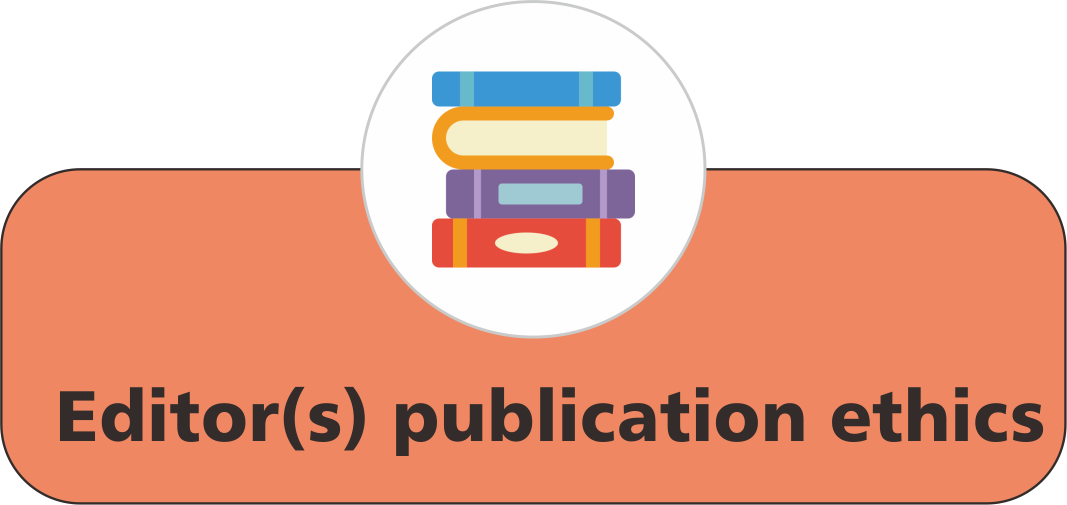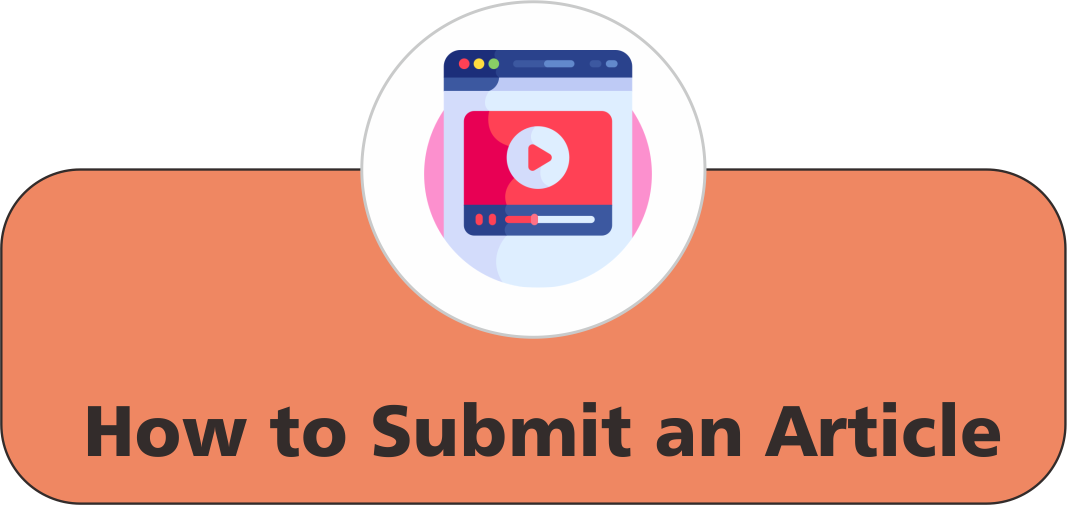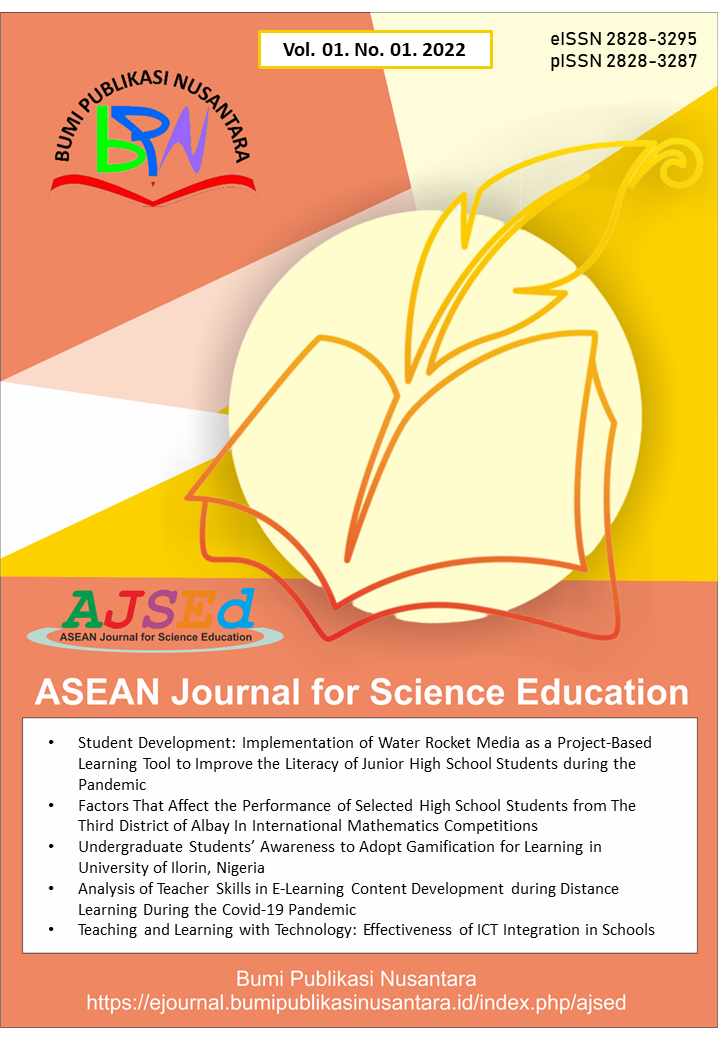The Paradigm of Curriculum Differentiation in Higher IT Education
 ),
),
(1) Moscow Polytechnic University
 Corresponding Author
Corresponding Author
Abstract
Keywords
References
Alam, A. (2020). What is the “Philosophy of chemistry education”? Viewing philosophy behind educational ideas in chemistry from John Dewey’s lens: The curriculum and the entitlement to knowledge. PalArch's Journal of Archaeology of Egypt/Egyptology, 17(9), 6857-6889.
Bovill, C. (2020). Co-creation in learning and teaching: The case for a whole-class approach in higher education. Higher Education, 79(6), 1023-1037.
Bryndin, E. (2021). Client-project-oriented university education in era of rapid technological development and change of professions. Science Journal of Education, 9(4), 124-130.
Cebrián, G., Palau, R., and Mogas, J. (2020). The smart classroom as a means to the development of ESD methodologies. Sustainability, 12(7), 3010.
Chernikova, O., Heitzmann, N., Stadler, M., Holzberger, D., Seidel, T., and Fischer, F. (2020). Simulation-based learning in higher education: A meta-analysis. Review of Educational Research, 90(4), 499-541.
Glushchenko, V.V. (2023a). Theoretical foundations of the creation of a curriculum in higher project IT in education. Indonesian Journal of Teaching in Science, 3(2), 161-170.
Glushchenko, V.V. (2023b). The scientific and practical significance of the paradigm of the development of scientific support of the 10th technological order in the world economy. ASEAN Journal of Science and Engineering Education, 3(3), 245-264.
Gulamov, A.A., Ozatbekov, Y.F., and Ozatbekova, O.N. (2022). Innovation-oriented way of development of a modern university. Journal of New Century Innovations, 15(3), 53-59.
Kelly, S.H. (2020). The hidden curriculum: Undergraduate nursing students’ perspectives of socialization and professionalism. Nursing Ethics, 27(5), 1250-1260.
Muñoz, J.L.R., Ojeda, F.M., Jurado, D.L.A., Peña, P.F.P., Carranza, C.P.M., Berríos, H.Q., Molina, S.U., Farfan, A.R.M., Arias-Gonzáles, J.L., and Vasquez-Pauca, M.J. (2022). Systematic review of adaptive learning technology for learning in higher education. Eurasian Journal of Educational Research, 98(98), 221-233.
Pacheco, J.A. (2021). The “New normal” in education. Prospects, 51(1-3), 3-14.
Sukhomlin, V.A., Belyakova, O.S., Klimina, A.S., Polyanskaya, M.S., Zubareva, E.V., and Yakushin, A.V. (2020). Architecture and principles of curriculum development for the discipline “Cybersecurity”. Modern Information Technologies and IT Education, 16(4), 927-939.
Yu, H.P., and Jen, E. (2020). Integrating nanotechnology in the science curriculum for elementary high-ability students in Taiwan: Evidenced-based lessons. Roeper Review, 42(1), 38-48.
Article Metrics
Abstract View : 946 times
: 946 times Download : 421 times
Download : 421 times
Refbacks
- There are currently no refbacks.
Copyright (c) 2023 Bumi Publikasi Nusantara

This work is licensed under a Creative Commons Attribution-ShareAlike 4.0 International License.







